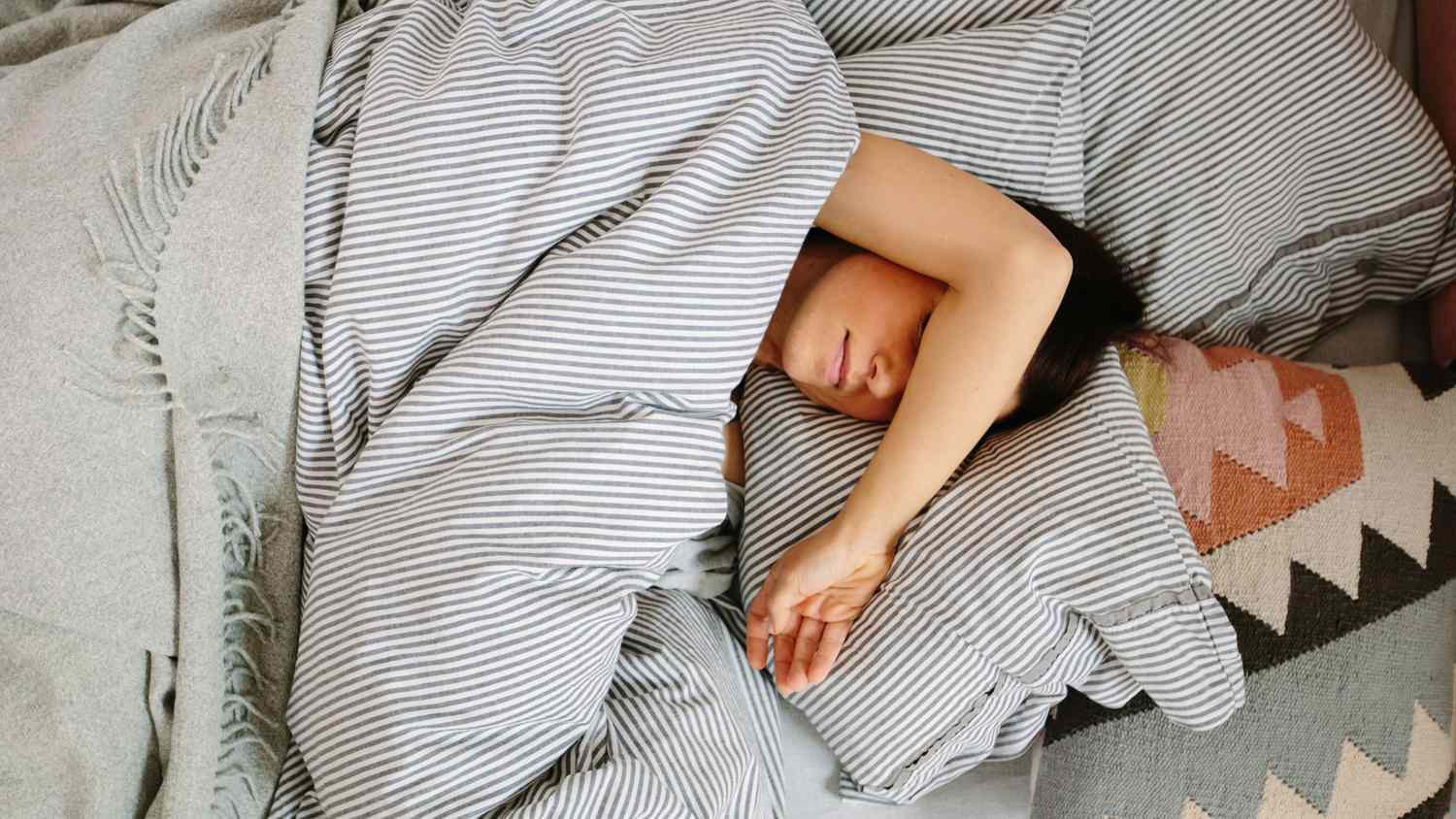8 Tips to Help You Fall Asleep Faster and Sleep Better
Having a good night’s sleep is crucial for maintaining a healthy lifestyle and feeling good. However, many people struggle to fall asleep quickly, which can lead to serious health problems down the line. The main problem is that, despite wanting to get more sleep, there are times when we just can’t seem to doze off after getting into bed. It can be frustrating and lead to an ongoing struggle to fall asleep. But worry not! We’ve gathered some helpful tips to help you fall asleep more quickly and improve your sleep quality. Let’s dive in and discover the secrets to a restful slumber!
Keep To A Schedule
Consistency is Key: Start going to bed at around the same time every night, and wake up at the same time every morning (yes, even on weekends). By establishing a sleep schedule, your body will get used to it, and you’ll find it easier to fall asleep and wake up feeling refreshed.
Say No to Naps: Although napping might seem like a good idea when you’re feeling tired during the day, it can interfere with your ability to sleep at night. Avoid long naps during the day to ensure you’re ready for a good night’s rest.
Eliminate Screens
Screen Time Matters: Make it a habit to shut down all your screens at least half an hour before bedtime. The blue light emitted by screens can disrupt the production of the sleep hormone melatonin, making it harder for your brain to unwind and prepare for sleep.
Go Old School: Instead of binge-watching your favorite Netflix series, consider picking up a good book to read before bedtime. Not only will it help you relax, but it will also give your eyes a break from screen time.
Create A Routine
Sleep-Inducing Rituals: Establishing a bedtime routine signals to your body that it’s time to wind down. Whether it’s doing some gentle stretches or practicing calming activities like meditation or deep breathing, having a consistent routine before bed can promote better sleep.
Yoga for Zzz’s: Yoga is an excellent pre-sleep activity as it helps relax the muscles and promotes a sense of tranquility. Incorporate some yoga poses into your bedtime routine for a more peaceful slumber.
Take A Warm Bath
Bathing for Relaxation: Another way to calm down before going to sleep is by taking a warm bath. The hot water can soothe and relax your muscles, releasing any stress that’s been building up in your body.
Aromatherapy Ambience: Enhance your bath experience by lighting some of your favorite scented candles or using essential oils. The calming scents can further promote relaxation and prepare you for a restful night.
Avoid Alcohol and Caffeine
Alcohol’s Effect on Sleep: While alcohol might make you feel drowsy initially, it can disrupt the quality of your REM sleep, which is essential for deep restorative rest. Try to avoid consuming alcohol close to bedtime to ensure better sleep.
The Caffeine Quandary: Caffeine is a stimulant that can stay in your bloodstream for up to 12 hours. If you’re a coffee lover, limit your caffeine intake to the morning hours and opt for decaffeinated beverages later in the day.
Create a Comfortable Sleep Environment
Bedroom Sanctuary: Ensure that your bedroom is a comfortable and inviting space for sleep. Invest in a supportive mattress and pillows that suit your preferences.
Darkness and Silence: Keep the room cool, quiet, and dark to promote better sleep. Consider using blackout curtains, earplugs, or a white noise machine if you’re sensitive to noise or light disruptions during the night.
Stay Active During the Day
Exercise for Better Sleep: Engaging in regular physical activity can contribute to better sleep. However, try to avoid intense exercise close to bedtime, as it may leave you feeling too energized to fall asleep quickly.
Mindful Movement: Activities like yoga or tai chi can be particularly beneficial for relaxation and promoting better sleep.
Manage Stress and Anxiety
Stress-Busting Strategies: High levels of stress and anxiety can interfere with your ability to fall asleep. Consider incorporating stress-reducing practices into your daily routine, such as mindfulness meditation or journaling.
Talk It Out: If stress and anxiety are affecting your sleep regularly, consider seeking support from a therapist or counselor to develop coping strategies.
Conclusion
Improving your sleep quality and falling asleep faster is possible with a few simple adjustments to your daily routine. By following these tips, such as establishing a sleep schedule, creating a bedtime routine, and avoiding certain habits, you can set the stage for a restful slumber. Remember that sleep is an essential part of overall well-being, so prioritize getting the rest you need for a happier and healthier life. Sleep tight!

